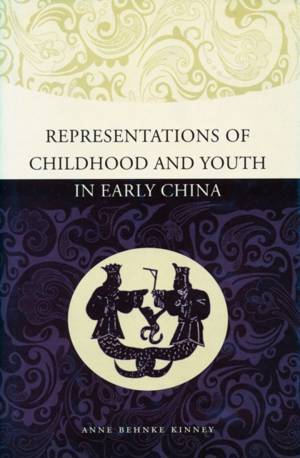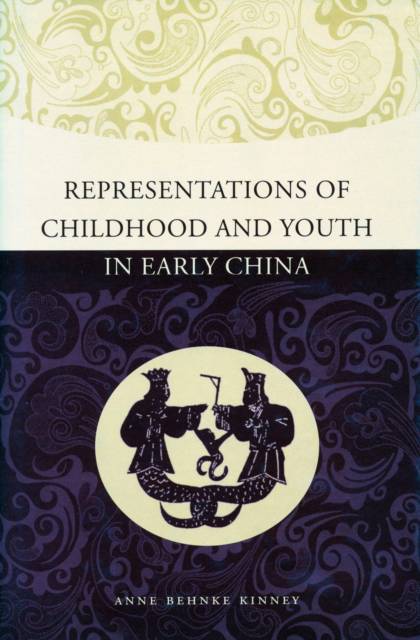
- Retrait gratuit dans votre magasin Club
- 7.000.000 titres dans notre catalogue
- Payer en toute sécurité
- Toujours un magasin près de chez vous
- Retrait gratuit dans votre magasin Club
- 7.000.000 titres dans notre catalogue
- Payer en toute sécurité
- Toujours un magasin près de chez vous
Description
This is the first book in any language to explore the cultural connotations of childhood in the early phases of Chinese history. Drawing upon both traditional and archeological materials, this study encompasses the stages of human development that begin with the embryo and extend to late adolescence.
While texts from China's most ancient period scarcely mention children, rather suddenly, in Han times (206 BC-AD 220), the written record begins to feature fairly detailed references to children and the childhoods of famous figures. The aim of this book is to identify the cultural conditions that place children and childhood near the center of intellectual debate during this period. These conditions are related to the establishment of a centralized empire and are expressed in the discourse surrounding cosmology, medicine, law, statecraft, and--most important--dynastic history.
The book describes the dangers that haunted children of high status, with the rules of succession, shifting power structures at court, and traditional views on patriarchy and parental authority (including the right of life and death over children) contributing to their vulnerability.
Spécifications
Parties prenantes
- Auteur(s) :
- Editeur:
Contenu
- Nombre de pages :
- 304
- Langue:
- Anglais
Caractéristiques
- EAN:
- 9780804747318
- Date de parution :
- 18-12-03
- Format:
- Livre relié
- Format numérique:
- Genaaid
- Dimensions :
- 163 mm x 235 mm
- Poids :
- 553 g







